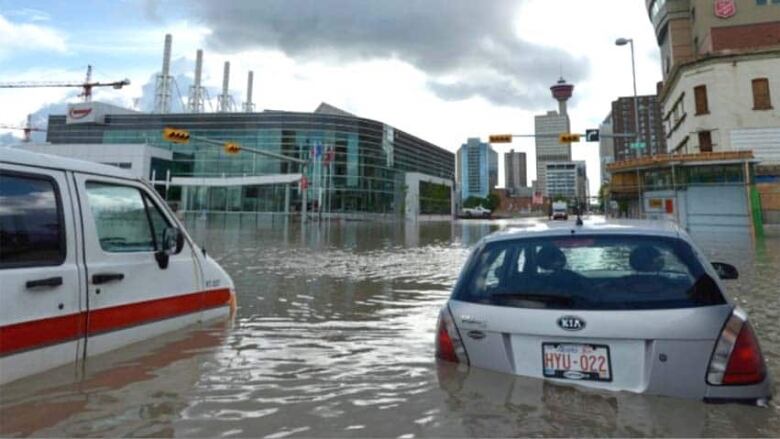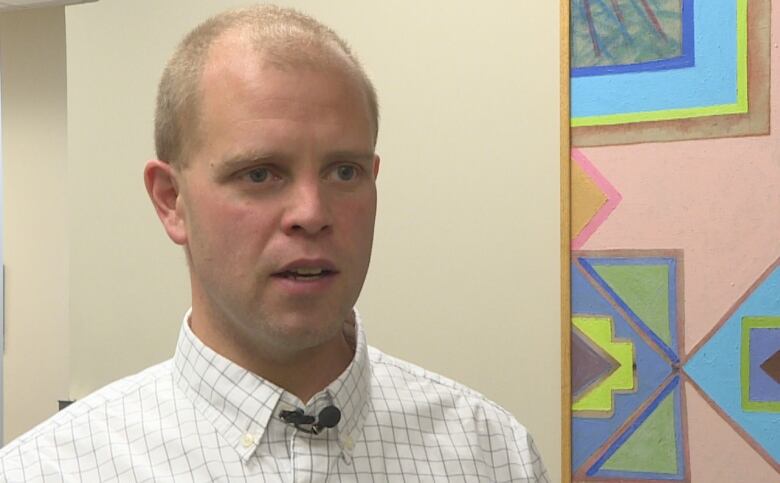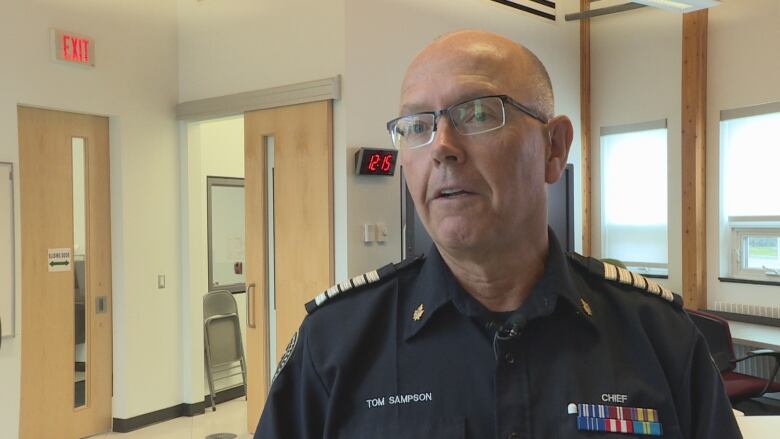'I didn't trust the warnings': Why a third of Calgarians disregarded flood evacuation order
Researchers surveyed hundreds of flood-affected residents and were surprised by many of their responses

Convincing people that they're at risk from an imminent natural disaster can be trickier than you might think, according to research from Mount Royal University that looked at Calgarians' responses to the 2013 flood.
The researchers asked 400 residents whose homes were affected by the flood when and how they realized they were under an evacuation order. Researchers were surprised by some of the responses.
"We thought people were going to say social media or news media or these sorts of things," said Tim Haney, an instructor at MRU whose research focuses on thesociology of disaster.
"And what we found was the largest per cent of people, like 30 per cent, found outabout it first when a public official, an emergency manager or first responder, knocked on their door and told them they needed to leave....That's when it became real for them."
Even then, Haney said, some people weren't convinced they needed to react to the looming disaster.
"There are people who said stuff like, 'I didn't trust the warnings,' or'I wanted to wait and see how bad it was going to be,' or 'I was just chillin','or'I was having fun watching my community evacuate,' and these sorts of things."

Among those who heard the order,33 per cent did not evacuate.
That's disheartening for Tom Sampson, chief of theCalgary Emergency Management Agency, which is responsible for disaster planning and response.
"I actually was surprised, because it's hard to believe that if you said to somebody, 'You're going to flood, you need to take action,' that they would not take action," he said.
In a mass-evacuation situation like the flood, Sampson said it's impossible to deploy enough responders to do door-to-door warnings, andthecity is looking at new ways to communicate future risks.

With files from Kate Adach












_(720p).jpg)


 OFFICIAL HD MUSIC VIDEO.jpg)
.jpg)



























































































